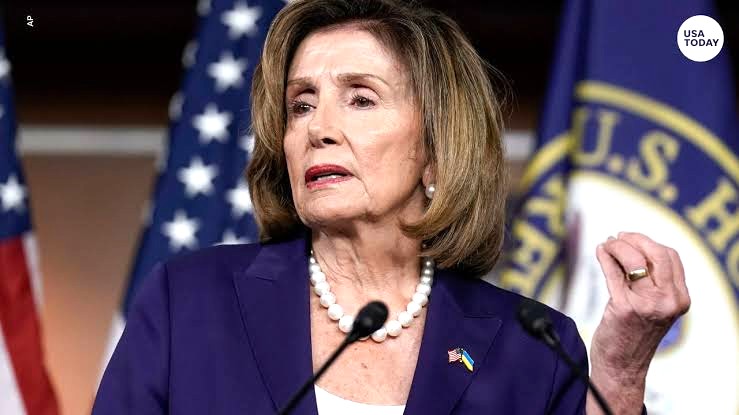
Nancy Pelosi’s flight and the geopolitical storm surrounding it, have brought into sharp focus some of the changing realities for Taiwan, its people and its relationship with China and the US.
For decades, the two big superpowers have relied on two little words – “One China” – to do a lot of heavy lifting. Beijing uses the principle as the basis for its claim of sovereignty over Taiwan, while the US argues that, in its adherence to a “One China” policy, it merely acknowledges that the claim exists.
The deliberate ambiguity in this formula is now being stretched to breaking point.
Few observers any longer dare to hope that it will buy time for China’s economic development to eventually bring with it a softening of its political model. Or, alternatively, for deepening trade ties that would build a dependency that makes the threat of war redundant.
Instead, today, China is as unapologetically authoritarian and intolerant of dissent as it ever was and Taiwan is a vibrant democracy, with free elections and a flourishing civil society. It is a shift that poses major questions both for the US and for the Chinese Communist Party which sees the territory drifting – in terms of values and identity – ever further from its grasp.
A US politician flying for a short visit to a long-standing ally would in any other place be of little note.
But in Pelosi’s visit, the symbolism itself is substance.
It’s night-time now in Taiwan, so plans are under way for what happens next in diplomatic moves on Wednesday.
Nancy Pelosi will meet Taiwan’s President Tsai Ing-wen in the morning, then fly out after lunch, the country’s official central news agency says.
The hope from Taiwan’s presidential office is that the visit will deepen its partnership with the US, Reuters reports.
It adds the aim is to maintain peace and stability in the Indo-Pacific region.
BBC News

